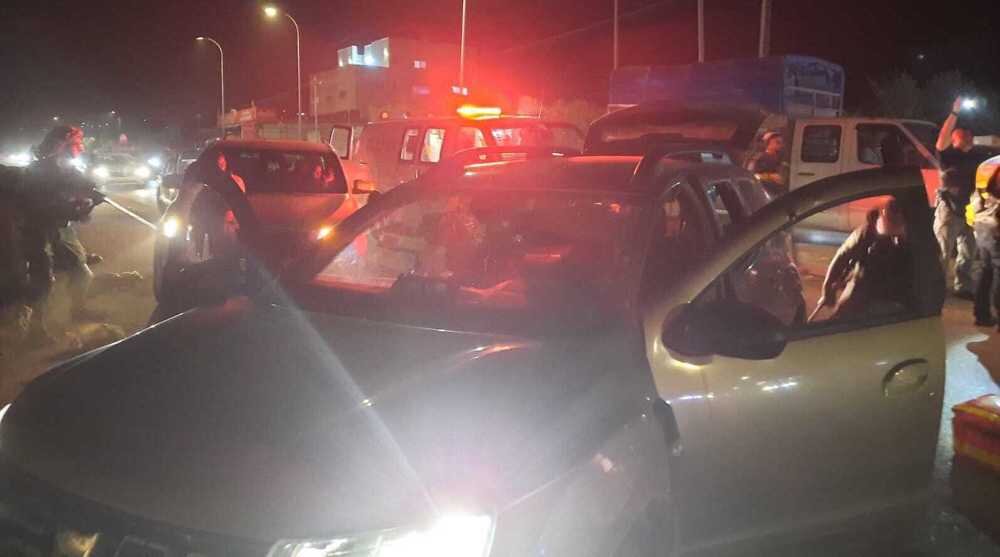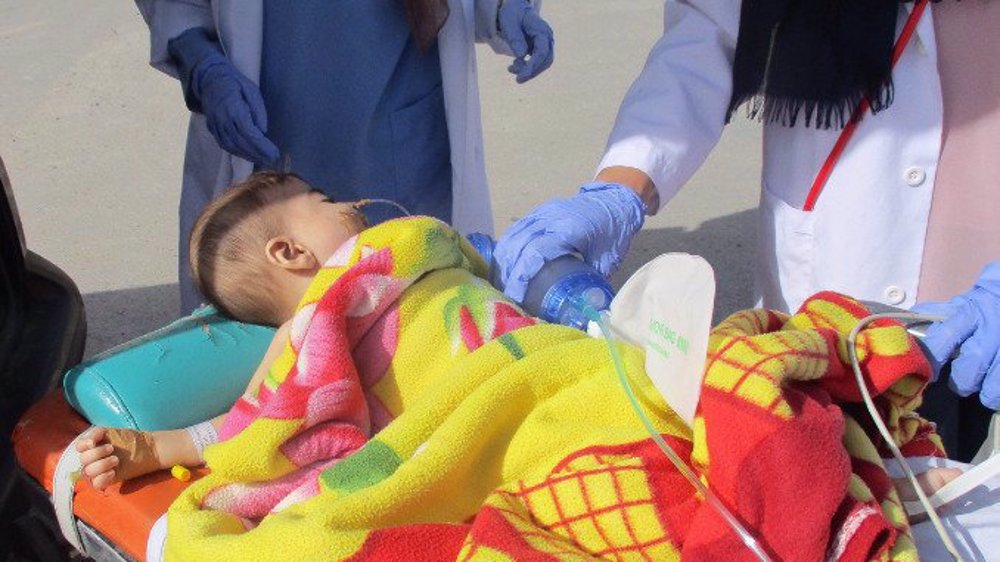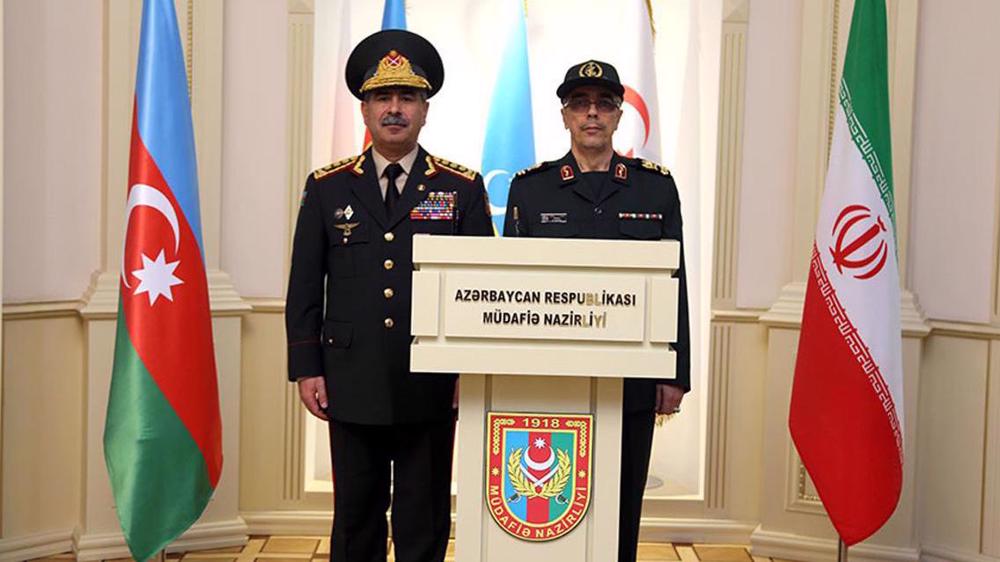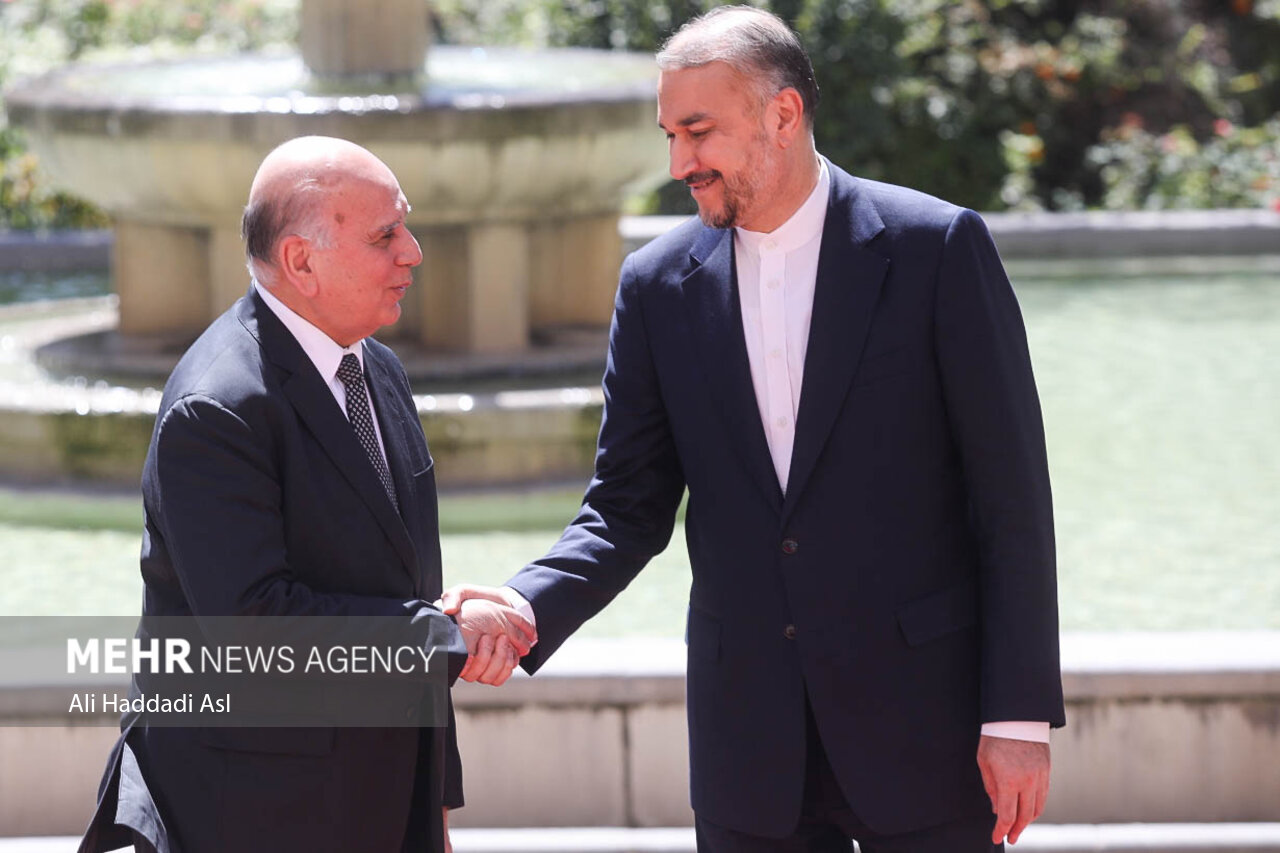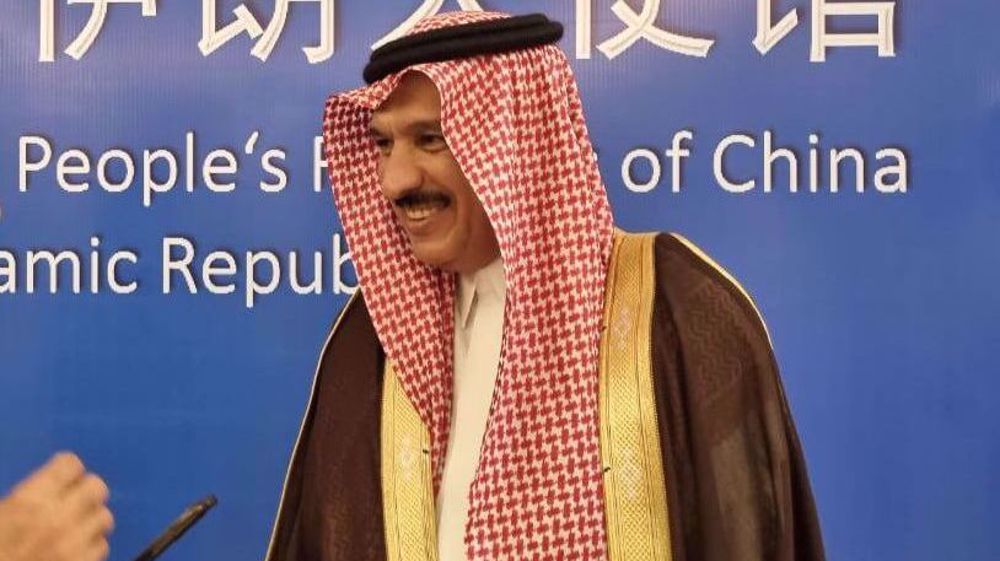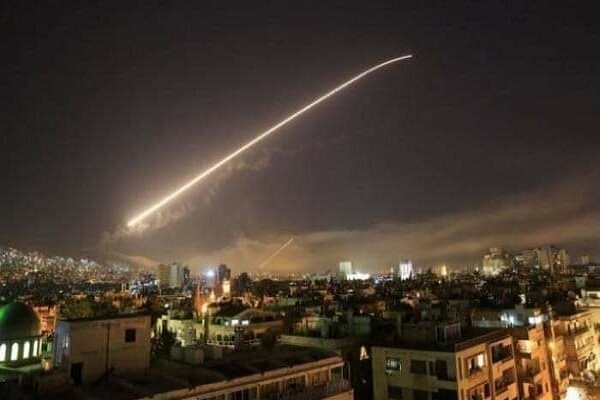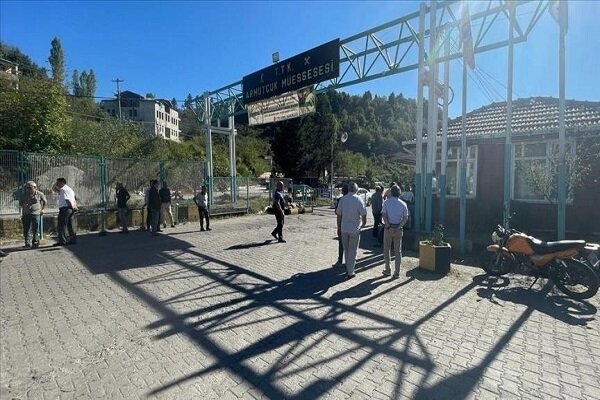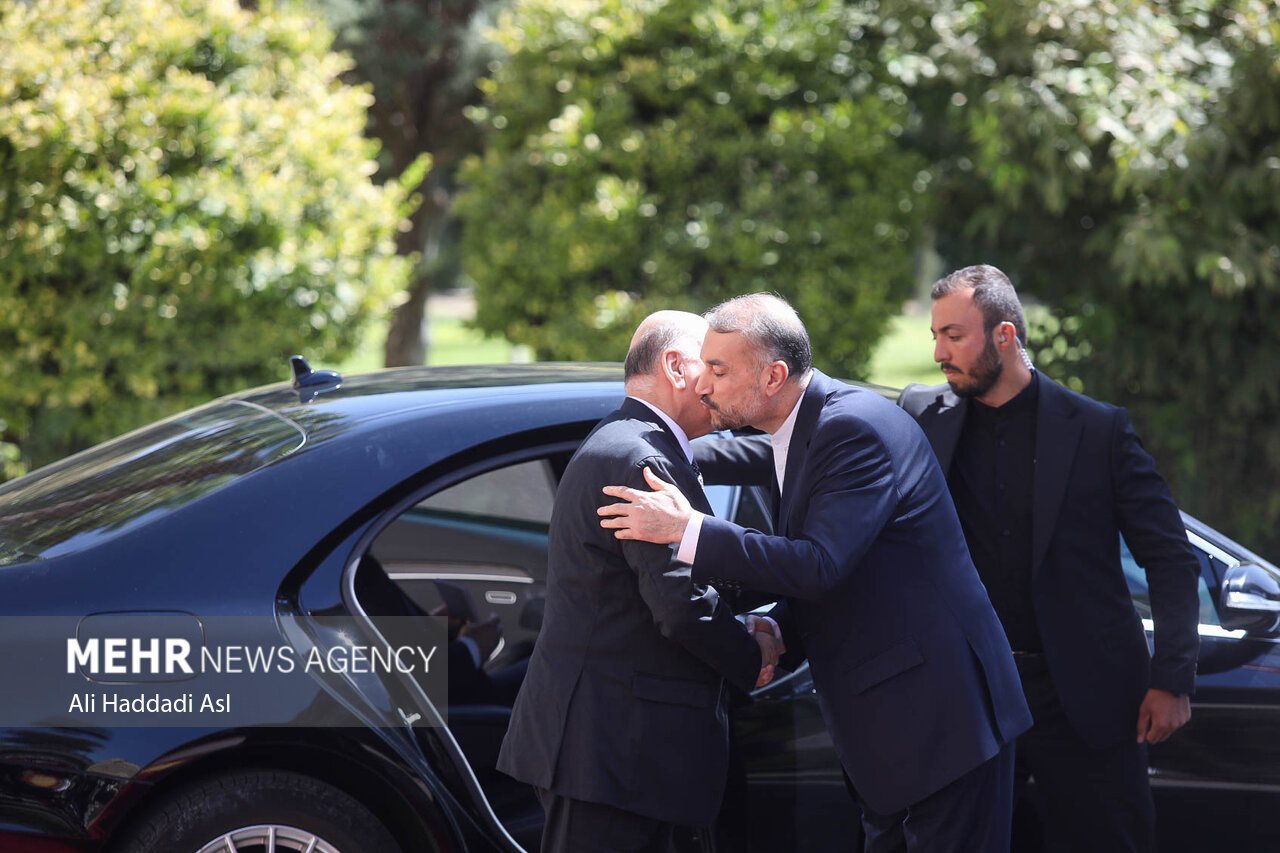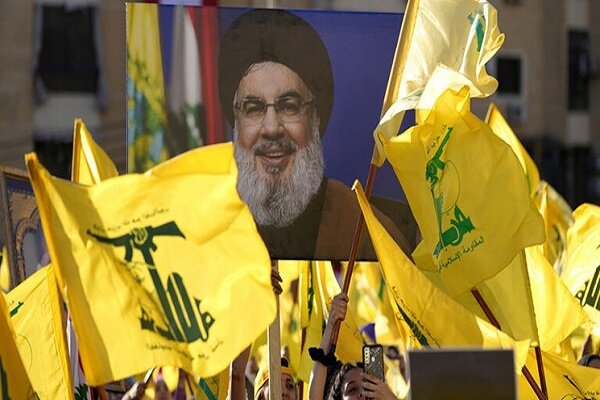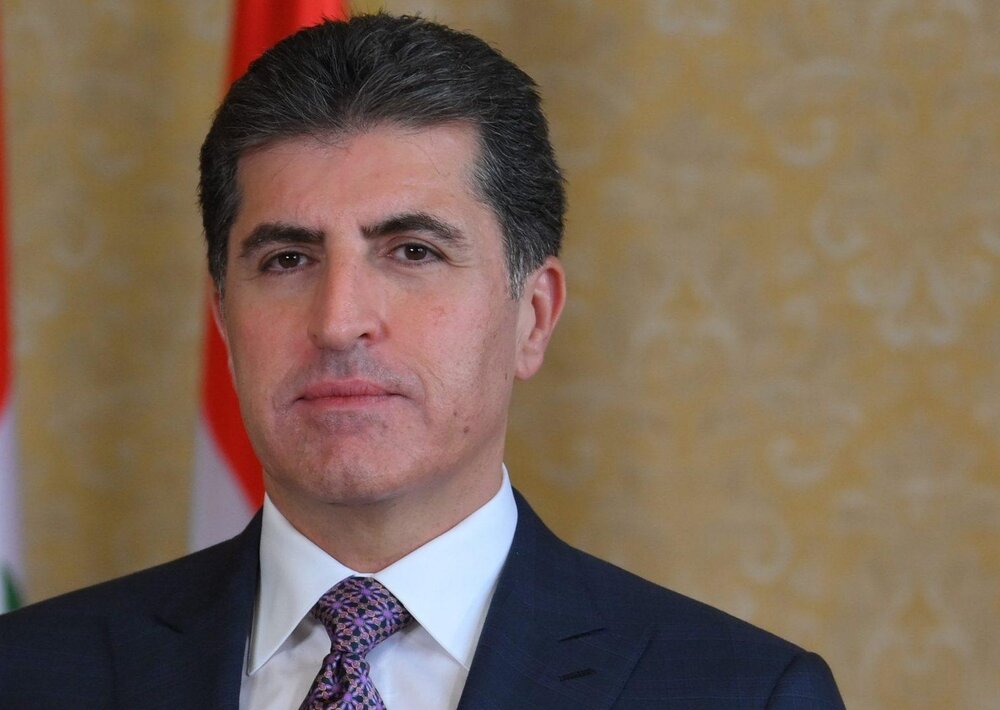Israeli authorities deprived hundreds of Palestinian children of life-saving healthcare in the besieged Gaza Strip during the first half of 2023, a leading international humanitarian organization says.
A report published on Wednesday by the UK-based organization Save the Children said that nearly 400 children in Gaza, at least two children per day, were denied permits to travel to the West Bank and receive critical treatment in the first six months of 2023.
In the report, entitled ‘I Can’t Run, Play, or Get Treatment’, the organization explains that “nearly 100 children’s applications to Israeli authorities were denied or left unanswered in the month of May alone,” during the Israeli aggression on the besieged Gaza Strip.
During the same month, at least seven children were among 33 Palestinians killed in Israel’s attack on Gaza between 9 and 13 May 2023.
The report also states that last year, three children died while their applications for Gaza exit permits were either denied or remained under review.
“Neither chemotherapy nor radiology treatments are available due to Israeli Government restrictions on medical equipment and medication entering Gaza,” it said.
“Some are desperately sick children who have no options other than leaving Gaza to survive,” Jason Lee, Save the Children’s Country Director in the occupied Palestinian territory, said, commenting on the report.
“Denying children healthcare is inhumane and an infringement of their rights, and separating children from their parents during treatment can make it even harder for those children to cope,” he added.
Because of the severe lack of medical equipment and personnel, a significant portion of patients in Gaza, must obtain medical referrals covered by the Palestinian Authority (PA) to enable them to seek treatment in the occupied West Bank.
After they receive approvals and financial coverage for their medical treatment, patients are then required to apply for Israeli exit permits to be allowed to leave the strip through the Beit Hanoun, the only land crossing for Palestinians who want to move between Gaza and the rest of the occupied Palestinian territory.
One in 10 patients who seek exit permits from Gaza die within six months after their first application.
Yet, they endure a waiting period of almost five weeks for each application to undergo processing by Israeli authorities.
Complex restrictions on healthcare
Devastated by 16 years of an Israeli-led blockade and recurrent military attacks, Gaza’s healthcare system faces immense challenges, with the entry of vital medical supplies, equipment and medications severely restricted by Israel.
According to the Palestinian Ministry of Health in Gaza, around 224 drug items and 213 medical disposables were at zero stock in May.
In 2022, around 33 percent of the 20,295 patient permit applications submitted to Israeli authorities were denied or delayed. This includes a minimum of 29 percent of applications filed on behalf of child patients, according to the World Health Organization (WHO).
In the majority of cases, approximately 62 percent of the time, Israeli authorities denied or delayed permit applications for companions who are meant to accompany patients during their medical journeys.


